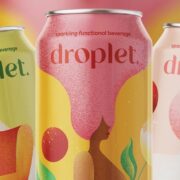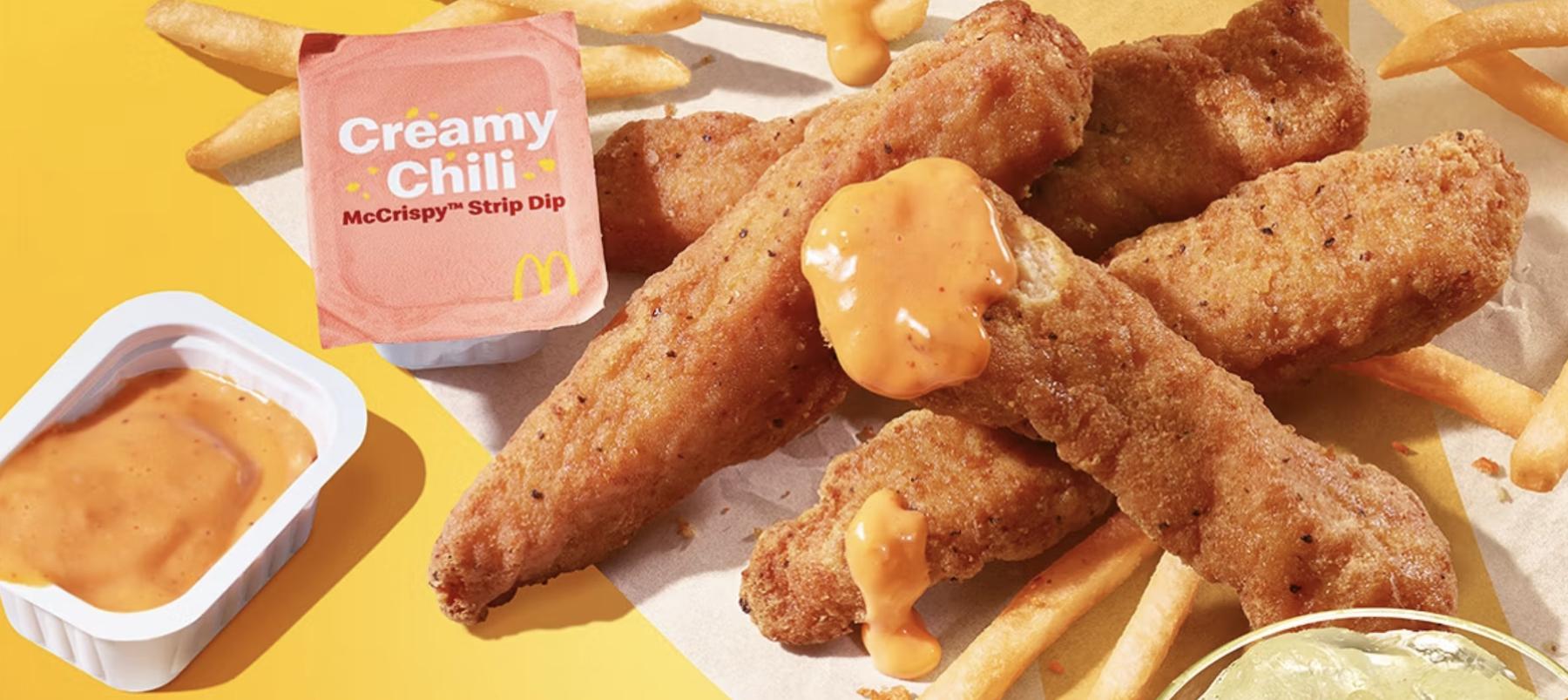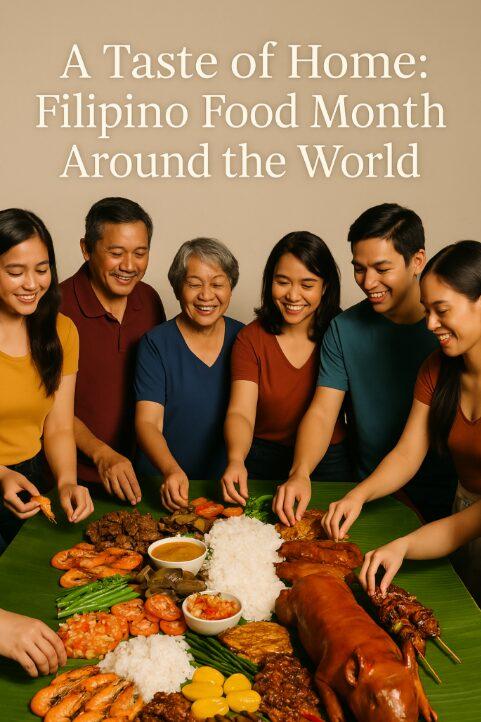FIVE years ago, Celeste Perez launched Well Fed, a design studio that has celebrity restaurateurs and hospitality groups among its clientele.
The downsides of a bustling business for Perez, however, were heart palpitations, being unable to sleep at night, and developing poor eating habits. The effects of burnout caught up to her as it eventually led to a hospital stay and having to wear a heart monitor.
“At the end of the day, what we learned was that I was dealing with stress. It’s funny because I’d always thought that being stressed out means just take a rest,” the Los Angeles-based Filipina American entrepreneur told the Asian Journal. “I didn’t realize that being under stress for years has such an effect on you physically. We always think of stress as an emotional thing that you work through. But it turns out it’s not.”
This wake-up call led to seeking alternatives to manage stress through traditional herbal medicine, a slight rebellion as the daughter of two doctors. It was then Perez learned about adaptogens, non-toxic substances derived from plants that help one’s body adapt and regulate the natural ability to respond to stressors.
After finding the right supplements for her needs, such as reishi mushrooms (said to have immunity-boosting and fatigue-fighting benefits) and ashwagandha (a medicinal herb said to reduce anxiety and stress), Perez noticed her heart palpitations dissipated, stress levels lowered, and energy sustained throughout the day without caffeine.
Though, the available adaptogen products on the market, she said, weren’t too palatable for long-term use.
“I’ve been in the food and beverage industry for far too long to just accept that something is going to taste bad even if it’s supposed to be medicinal,” Perez, who is also a certified holistic nutritionist, said.
Unable to chug the concoctions any longer, she called up her friend, Adrienne Borlongan, a fellow Filipina American who is a food scientist and the co-founder of artisanal ice cream shop Wanderlust Creamery. Together, they paired adaptogens with ingredients that would make for tasty, yet beneficial beverages. That afternoon yielded around 17 different flavors.
“Using my knowledge of food science and studies in food manufacturing, I helped [Celeste] narrow her ideas down to a simple, clear sparkling beverage naturally sweetened with fruit for uncomplicated production and labeling regulation, and longer shelf life,” Borlongan told the Asian Journal.
In August 2019, Perez and Borlongan unveiled Dewdrop, a line of sparkling functional beverages that are enhanced with adaptogens and superfoods. They don’t fit into the water or soda categories, but rather can be described as a health supplement bottled in drinkable form.
As they celebrated one year since launching, the company will be rebranded as “Droplet” this September.
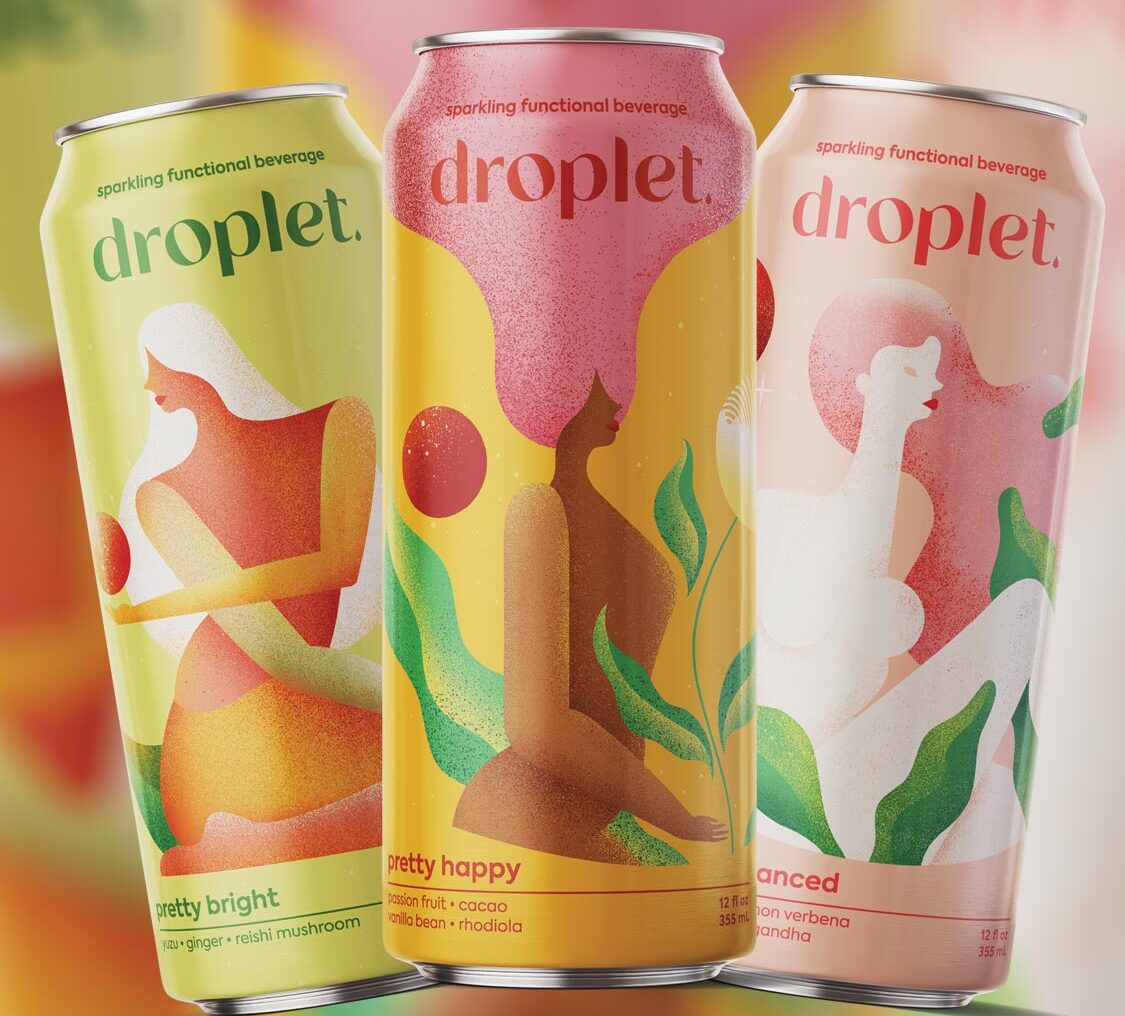
The starting lineup features three flavors, each embedded with a targeted purpose, made with whole fruit juices and no added flavorings.
“Pretty Happy,” which has passion fruit, cacao, vanilla bean and rhodiola, boasts anti-anxiety, energy boosting and skin-hydrating effects. “Pretty Balanced,” flavored with white peach, lemon verbena, moringa and ashwagandha, is the go-to for a stress balancer and digestive aid. “Pretty Bright,” comprised of yuzu, ginger and reishi mushroom, is touted as a reset and mood enhancer.
“The entire idea behind Droplet was our own roots as Filipina Americans and our experiences with herbal medicine,” Perez said, citing growing up eating tinola, a chicken soup with green papaya and malunggay leaves (moringa) or salabat, a ginger tea to fight a sore throat and aid digestion. “There is no appropriation here. We are just shining a light on what it is that we’ve done and hoping that it uplifts our community also.”
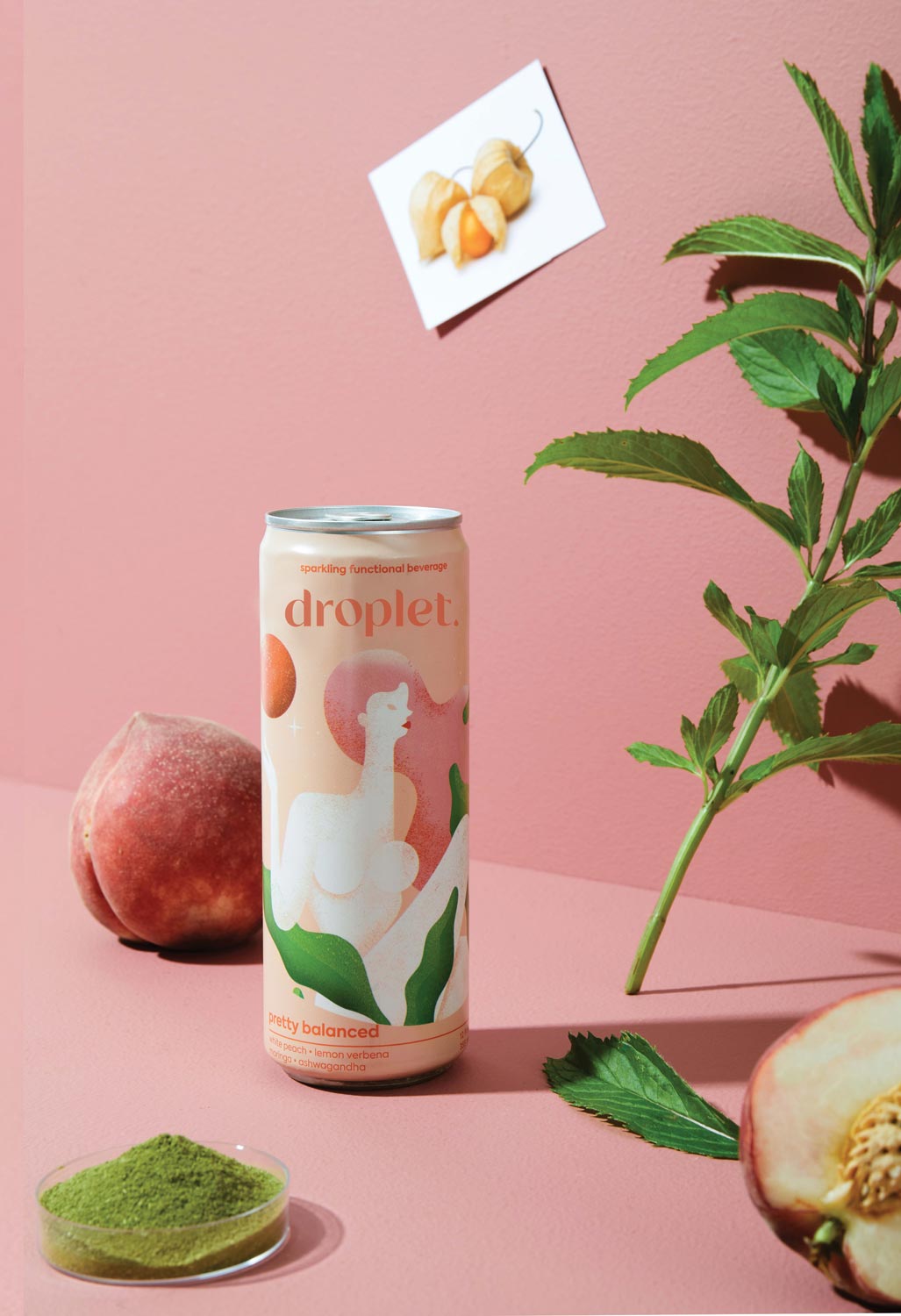
Borlongan echoed, “There’s a plethora of published scientific studies on the anti-inflammatory — the most important disease prevention — effects of these foods. I think we take their health advice for granted as ‘wives’ tales’ because it’s based anecdotally, but they’re actually legit.”
The added layer of being Fil-Am is showing how Filipino traditions and ingredients have these healing qualities and can be incorporated into modern-day lifestyles.
“People used to come to my grandma when they were sick and she would make a drink out of gumamela, which is hibiscus, by mushing it up and making it into a tea,” Perez said. “I was like, ‘Dad, that’s what I’m doing.’ I’m carrying this legacy on. Though my dad, who is a doctor, did in a very western way, I’m doing it in the way of our ancestors.”
The three photogenic 12-ounce cans bear illustrations of a goddess-like figure surrounded by plants and the moon, designed by Bárbara Malagoli, a Brazilian artist based in London. The colors, from peachy to lime green tones, are meant to play into the feminine and fertile, yet calming aesthetic, as a contrast to other energy, high-performance beverages on the market. The overall branding highlights the all-women team, that in addition to the co-founders, includes general manager Talia Jafarkhani.
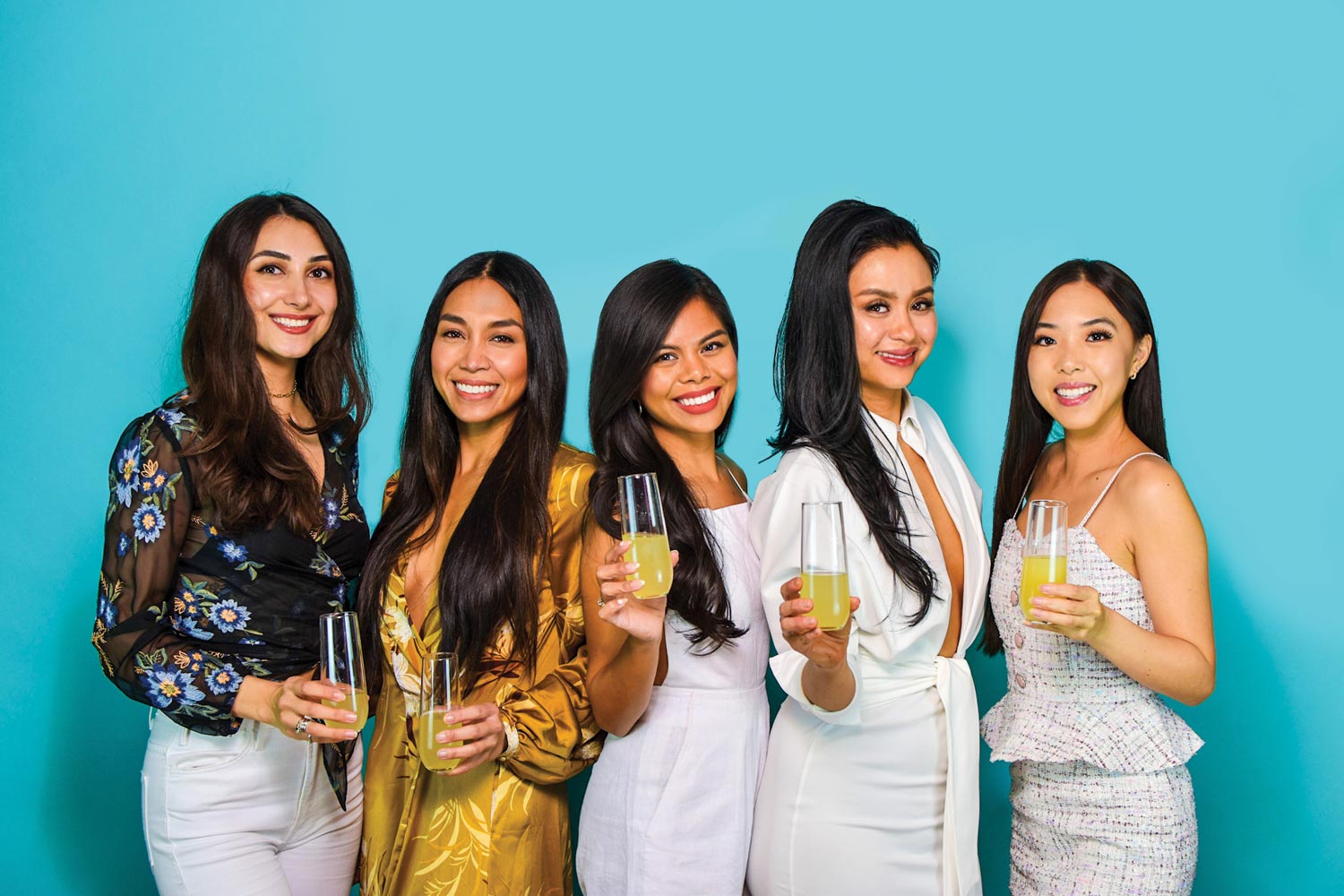
The “drop” in the brand’s name pays homage to Dalikamata, a clairvoyant and health goddess in Visayan pantheon, who was depicted with thousands of eyes on her body and whose tears would form morning dew drops. According to the legend, drinking the drops had healing effects, such as relieving eye problems.
“Honoring our heritage was something important to us as people growing in a space where there aren’t very many people of color growing businesses,” Perez said. “With the skin tone of each illustration, we wanted to represent all different types so with the ‘Pretty Happy’ can, for example, she’s brown like me and that’s something I have not really seen on the shelves.”
By January of this year, the beverage line was ready for larger production. It was a savvy move to have a formal introduction at Natural Products Expo West, the world’s largest gathering in the space where a start-up could meet investors and buyers and make other connections. Leading up to the event, the company, still called Dewdrop, was nominated for a NEXTY award in the “Best New Ready-to-Drink” beverage category.
Then, COVID-19 hit Southern California in the spring, and the expo was canceled altogether.
The company didn’t pause to wait for another live event or to take the normal route of starting at a regional store before going national. Instead, they took the approach of selling online and shipping directly to consumers across the United States. The cans come in packs, starting at $20 for three, per flavor, with free priority shipping.
Though 2020 hasn’t gone according to plan, the silver lining is that people have been scrolling on social media to shop, as an alternative to physically exploring inside a store.
With COVID-19 and stay-at-home orders, individuals have been more interested in supporting their health and emotional well-being. As beverage companies incorporate functional ingredients into their offerings, such as adaptogens or probiotics, KPMG expects the global functional beverages market to reach $208.13 billion by 2024. Droplet seeks to have a stake in this space as an “oasis” for whatever someone is going through.
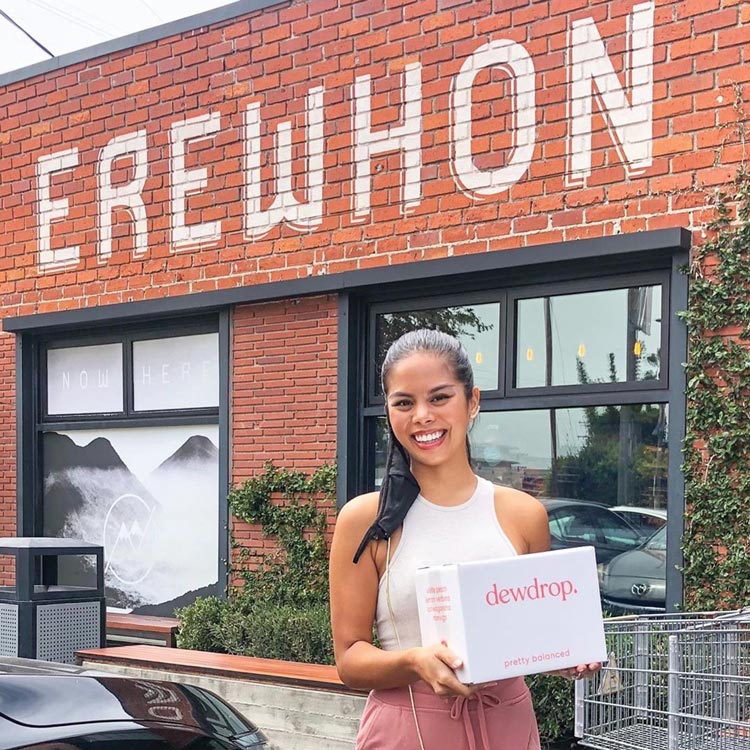
Another feat for Droplet came in August when it hit the shelves of all five Erewhon locations, an upscale health-food store in Southern California, which Perez said has been “the goal” because of its high standards and trendsetting. Throughout the month, the cans were selling out and had to be reordered.
“To be accepted into Erewhon is such an honor, especially where the consumers care about what they put into their bodies,” Perez said. “We’re on the shelf amongst the most healthy and beautiful drinks on the market. It’s been validating because if the experts don’t love us, then how will other people figure it out and understand why this is valuable and important?”
Self-care doesn’t end when a can is finished. As women of color in a space that has been co-opted by a certain level of privilege and whiteness — despite practices stemming from traditional Chinese medicine or Ayurveda, a medicine system with historical roots in the Indian subcontinent — Droplet is on a mission to also share stories and educate its audience about the benefits and traditions on its site and a forthcoming podcast that features wellness practitioners and functional medicine doctors.
“We also give back to our community by building activism into the brand. There is no pretending like we don’t have a stance on things, especially in this age where it’s important to us to have equality, diversity and leadership roles for people from all walks of life,” Perez said, adding that during the pandemic, the team worked with the Pilipino Workers Center to deliver care packages and food to seniors and families who have been financially affected and donated 3,000 cans to local food banks in LA.
Droplet may just be getting started, but consumers can expect more products down the line.
“We’re not stopping with the beverages. We have this goal to become the modern Willy Wonka. We’re figuring out how to make yummy things healthier and also fun so people want to buy them,” Perez said.


